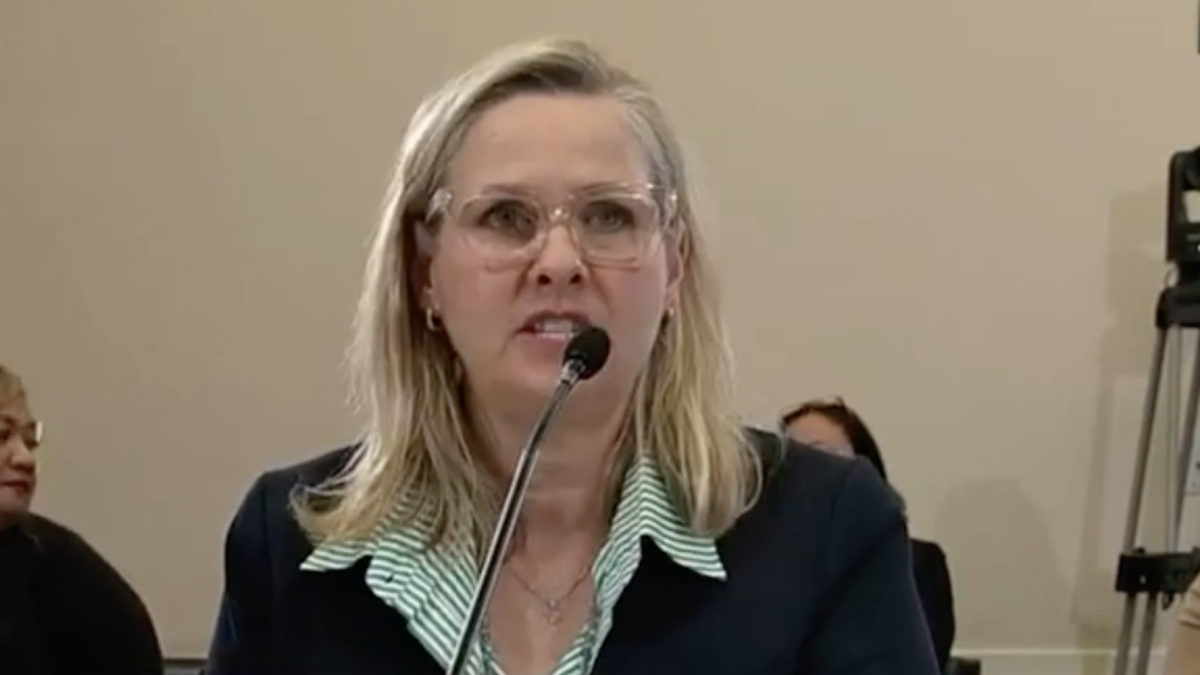
Earlier this month The New York Times ridiculed President Donald Trump for pushing Food and Drug Administration deregulation of a common malaria drug as treatment for the novel coronavirus.
During his March 19 White House Coronavirus Task Force meeting, Trump lauded therapeutic medications already on the market, including the malaria drug plaquenil, to treat COVID-19. FDA Commissioner Steve Hahn, MD, exhibited less enthusiasm, citing the necessity for long-term clinical trials.
In the near-term, readily available drugs azithromycin and plaquenil present a limited solution with great potential under certain conditions. In spite of the Times cynicism, both medications are successfully treating severe COVID-19 patients in clinical trials and some hospitals across the country.
Pending FDA Approval
Hydrochloroquine, also referred to as plaquenil or HCQ, is a cheap drug available on the U.S. market. Typically used as treatment for malaria and autoimmune diseases rheumatoid arthritis and lupus, HCQ has undergone small, independent studies in France and China with promising outcomes in COVID-19 cases. On the ground, U.S. doctors are including HCQ and the mainstream antibiotic azithromicin (commonly referred to as a “Z-Pak”), in treatment of severe cases of COVID-19, pending FDA approval.
This week the FDA approved another common rheumatoid arthritis medication, Actemra, for drug trials in treating coronavirus patients. Produced by the Swiss company Roche, Actemra was reportedly used at the height of the outbreak in China with 95 percent efficacy and is now approved for use in the United Kingdom.
Initial data suggesting HCQ may be a potential medical intervention for COVID-19 is preliminary, awaiting verification through largescale clinical trials now being conducted by the World Health Organization. Still, the medical outlook is positive.
“I find the preliminary data hopeful, not only because they appear to be robust, despite their limitations, but because Korean physicians treating patients with COVID-19 have already incorporated the HCQ into their frontline protocols,” said Fr. Nicanor Austriaco, a molecular biologist who obtained his Ph.D. in biology from M.I.T and runs a research laboratory at Providence College that uses yeast cells as models for cancer and Parkinson’s Disease.
South Korea has had notable success in slowing the spread of the novel coronavirus after onset through widespread testing and isolated quarantine cases. As a Filipino-American, Austriaco sees the great potential for HCQ’s use especially in developing countries, where HCQ is more readily available. Such countries also have limited access to expensive anti-virals compared to larger countries like the United States.
“Even without robust clinical trials, the FDA has already given approval for HCQ to be given to critically ill patients as a means of last resort,” Austriaco said. “This approved practice is called compassionate use.” Compassionate use “allows patients with serious or life-threatening cases of the virus to have access to them as investigational medicinal products.”
Concerns Over Shortage, Misuse
Efficacy aside, health-care practitioners are concerned about use of both medications causing shortages. Misuse or overprescription of these medications is another concern voiced by some practitioners and pharmacists. In a joint statement published last week, the American Medical Association, American Pharmacists Association, and American Society of Health-System Pharmacists opposed excessive ordering and usage of HCQ, azithromycin, and other drugs not approved for COVID-19 treatment.
In pulmonology wards, azithromycin is commonly used for people with COPD, a disease that affects lung function and leads to recurrent upper respiratory infections and bronchitis. It can decrease the chance of upper-respiratory infection in high-risk patients, keeping COPD patients off recurrent courses of antibiotics by working as a “flare” response drug.
Already, pulmonologists are running short on azithromycin, leading to a triage situation in hospitals inundated with COVID-19 patients. Doctors have been asked to make judgment calls based on patient severity, particularly limiting IV use of the drug.
Less commonly used in the United States, plaquenil is typically prescribed by rheumatologists to manage some autoimmune diseases, to include Rheumatoid Arthritis.
“For desperately ill patients who are facing a high risk of death without any intervention, I would certainly support trying anything that has the chance of helping,” said Rebekah Bernard, an MD at Gulf Coast Direct Primary Care in Fort Myers, Fla. “However, for patients who are mildly ill or for those seeking preventive treatments, I’m worried about the potential risks of these drugs, which include the chance of life-threatening cardiac arrhythmias.”
On March 25, Virginia’s Health Commissioner M. Norman Oliver published updated guidance on treatment of COVID-19, directing health practitioners to restrict prescriptions for chloroquine, hydroxychloroquine, mefloquine, and azithromycin to the outpatient setting and prioritizing treatment, “for continuation of existing medication therapy, inpatient settings, and other indications where there is not an alternative therapy.”
In other words, continue to use the drugs in traditional treatment to avoid disruption in patient therapy, as they are not proven to be effective with sufficient studies and lack FDA approval. The commissioner advised against “hoarding these medications or stockpiling,” as this is “leading to an inadequate medication supply for patients already taking these medications for chronic conditions.”
Without complete studies, an approved drug regimen will be more difficult to determine; if shortages spread, many patients, especially those already at risk for COVID-19 mortality, and reliant on plaquenil and azithromycin, could face uncontrolled disease process.
“There is a legitimate concern that individuals who read about HCQ in the media will self-medicate, and HCQ, like all prescription drugs, needs to be taken under advice of a physician. There are already tragic reports of chloroquine poisoning, and at least one death, around the world,” Austriaco said. “…There is the real worry…that people who do not need the drug will hoard HCQ to the detriment of patients who need it to treat their debilitating illnesses.”
Bernard, who prescribes plaquenil for some lupus and RA patients, has similar concerns.
Despite limited research supporting the use of chloroquine and hydroxychloroquine, there has been a huge surge in demand for these medications, said Fritz A. Basile, the Emergency Department medical director at Kershaw Health Medical Center in Camden, South Carolina. The area has quickly become a hotspot for coronavirus cases in the state.
“Inevitably, there will be a shortage of them and the people who will be hurt the most are those with autoimmune conditions such as rheumatoid arthritis and lupus and malaria patients,” Basile said.
No ‘Quick Response’ Drug
Although Kershaw Health physicians have used plaquenil to attempt to treat coronavirus, it likely won’t be seen in the emergency department. Plaquenil is not a quick-response medication.
“My department and most EDs around the country are essentially treating patients with supportive care—no medications focused on treating the virus itself but rather supporting the body to allow it to fight the infection on its own,” Basile said. “The vast majority of patients infected with Sars-CoV 2 have a mild to moderate disease course and require little if any treatment.”
Innovative action by medical experts is globally underway: “Physicians and scientists on the frontline are gathering data, rapidly publishing results, and sharing information with each other. We are seeing amazing innovations coming from this crisis, like ways to split ventilators and use 3D printers to create face masks,” Bernard said.
Practitioners expect COVID-19 to follow a seasonal pattern, typically seen in coronaviruses. Work on a vaccine could prevent a widespread second season. Other potential treatments, such as using the plasma of healthy patients who have built up antibodies to the disease, are also being studied.
“We need bigger and more sophisticated analyses to test them further,” Austriaco said. “In the meantime, though, it appears that [HCQ] could be used as a drug of last resort, as compassionate use. Always under a doctor’s supervision, of course.”









